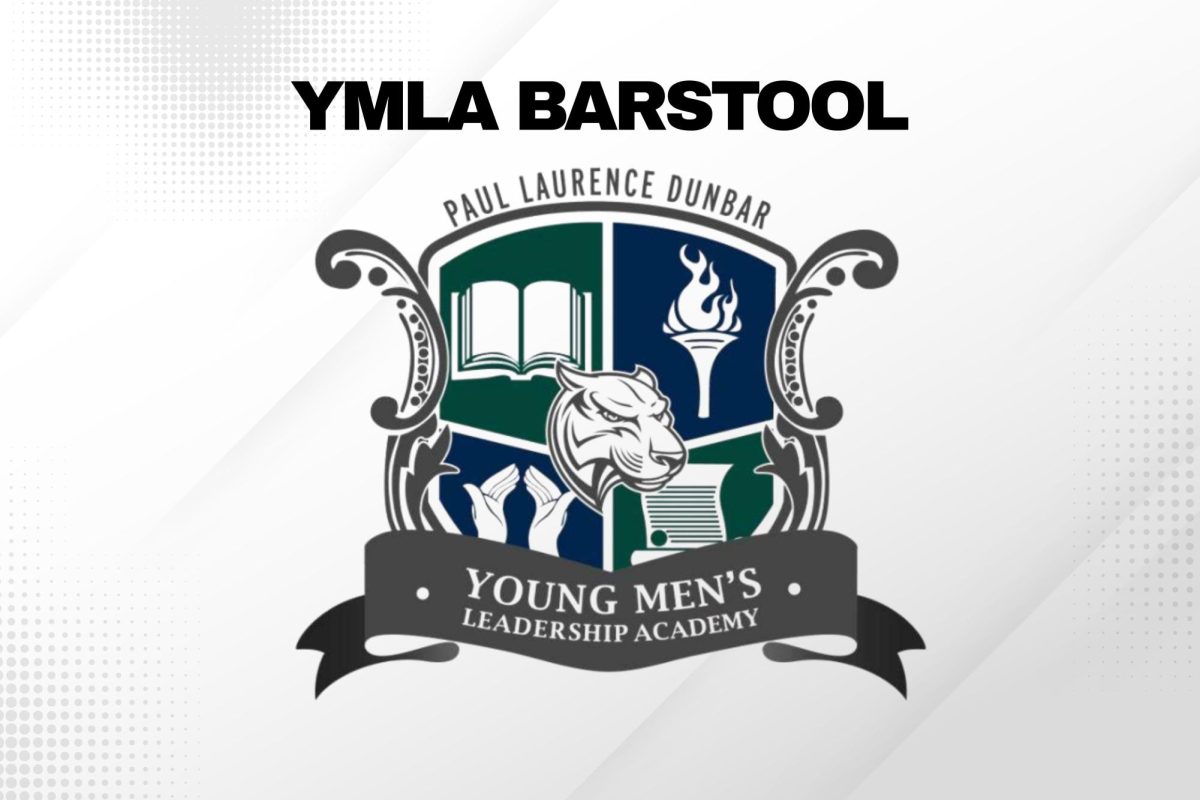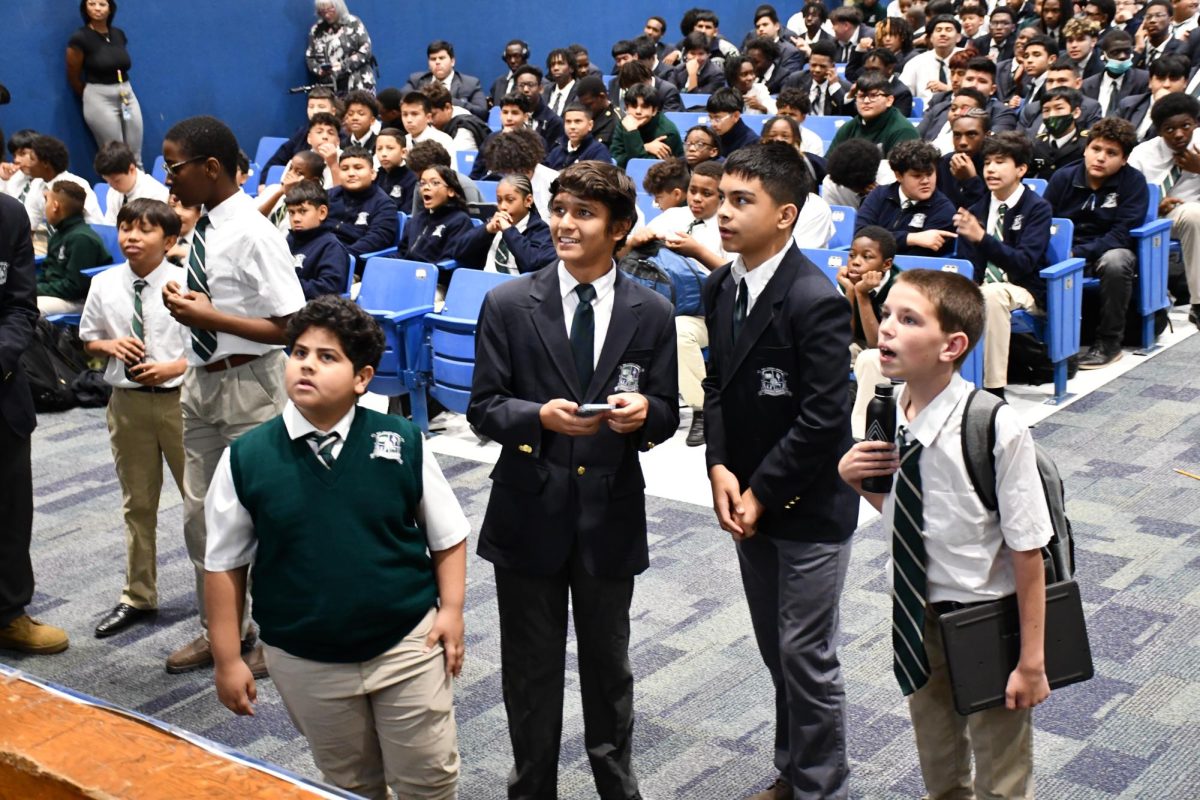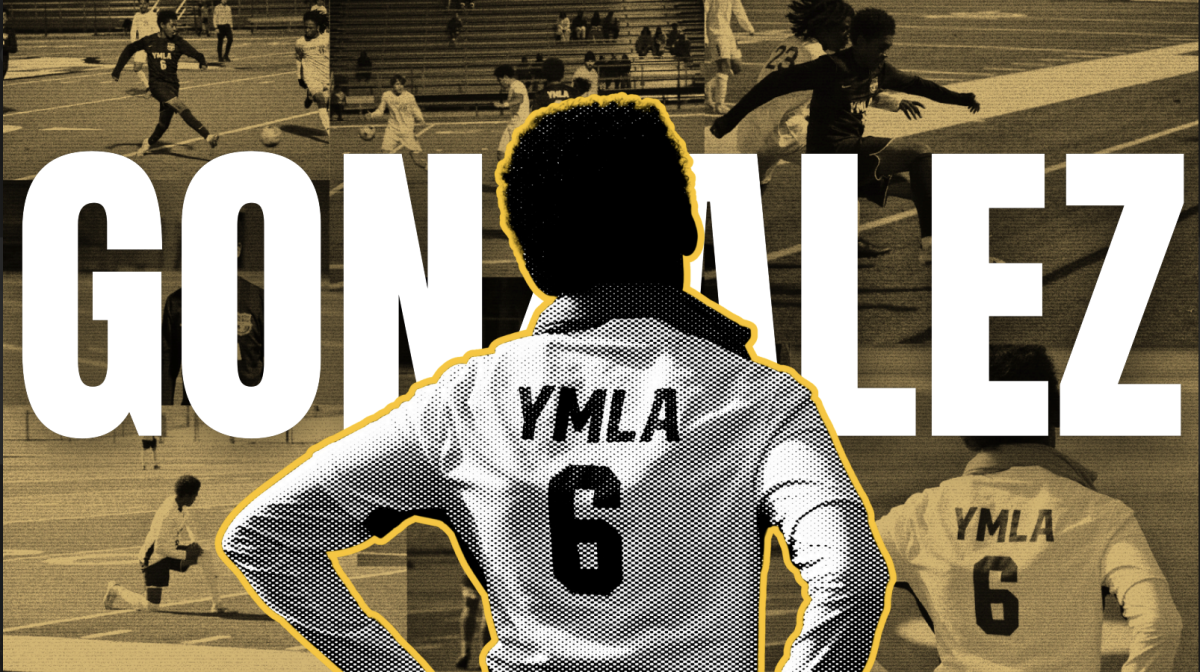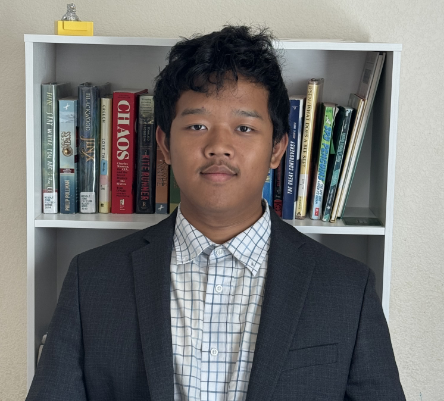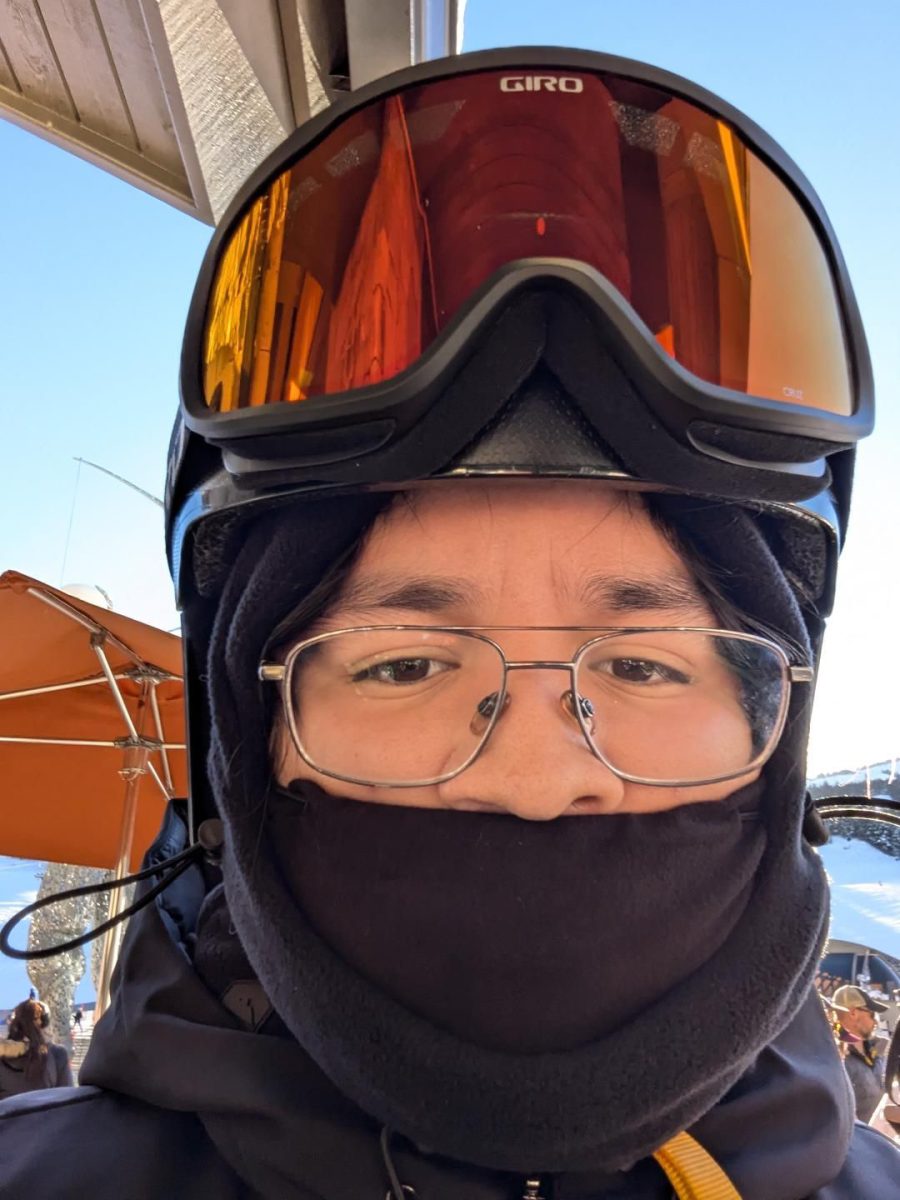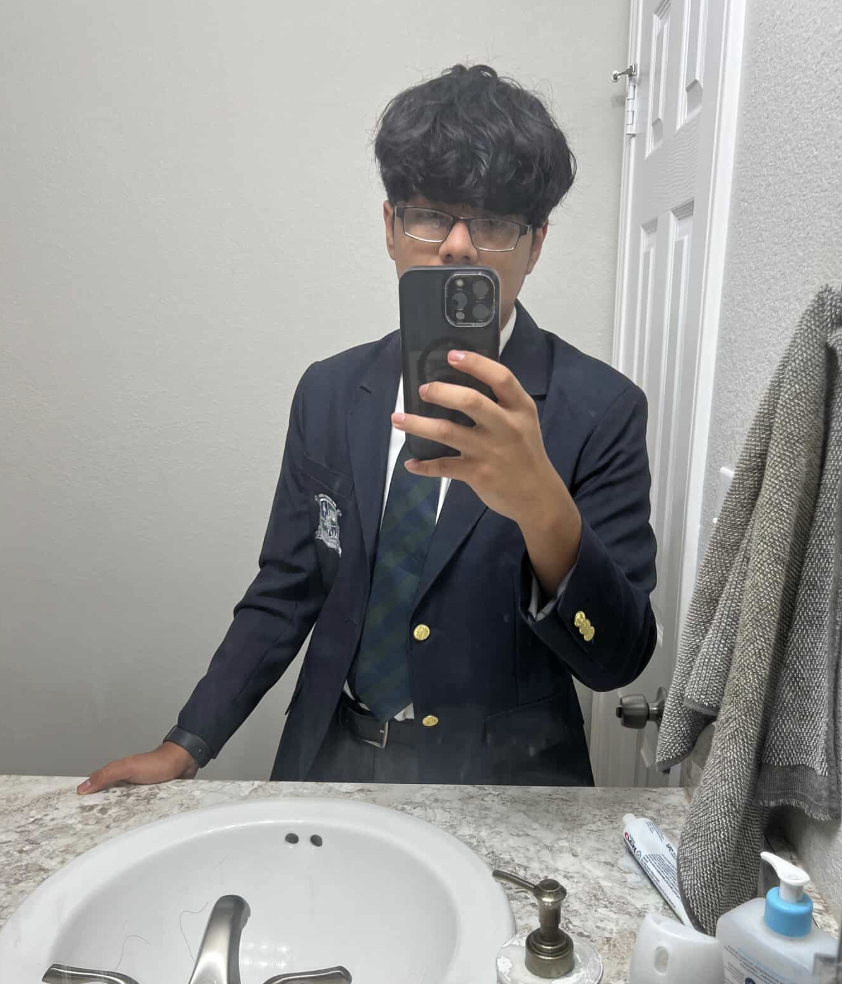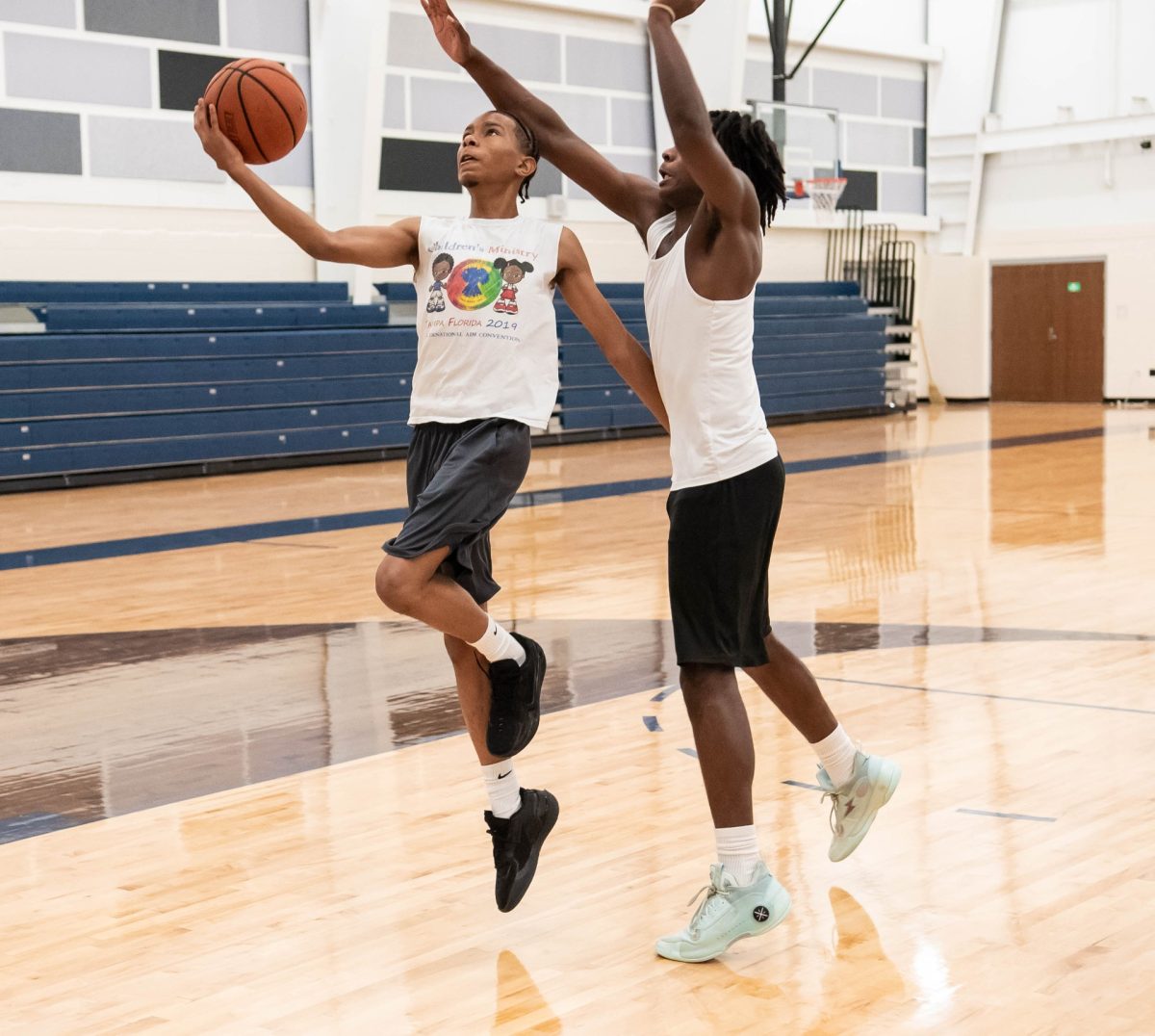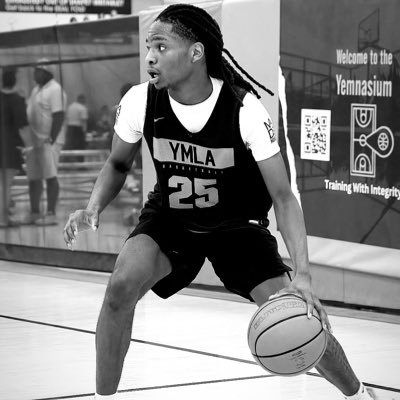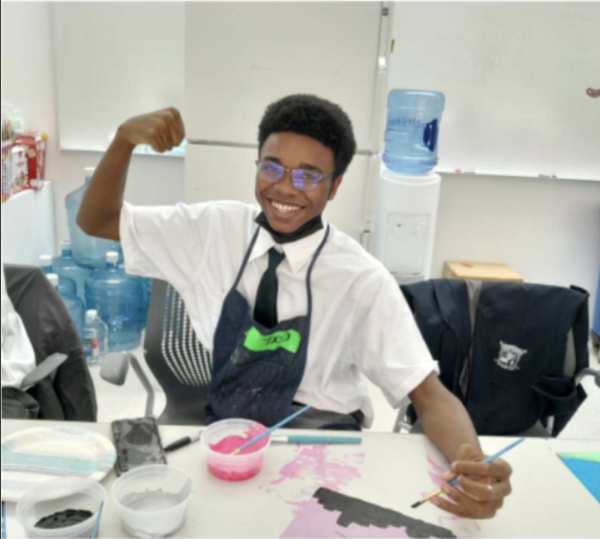I still vaguely remember my parents hurriedly packing up our belongings and selling everything. When I was just months old, my family fled Sri Lanka for Malaysia, where we lived as undocumented immigrants.We lived there illegally, always uncertain what the future holds, but we found moments of happiness amidst the struggle. Life seemed normal until one day, everything changed. The War. Even though we faced overwhelming challenges in Malaysia: poverty, lack of proper education, and the lack of opportunities, growing unrest and war pushed us to flee on by boat, which I thought was a simple family trip, but as we sailed farther, I realized we were never coming back. We were crammed into an overcrowded, illegal boat with countless families. I can still see the fear and uncertainty in my parents’ faces, though they masked their despair with reassuring smiles to keep us from feeling the full weight of the situation.
The journey is a blur of chaos. We were shuffled between different boats, walking through forests to avoid being caught, sleeping on the cold ground, and going days without food. I remember hiding beneath the deck of the boat, trying to escape the eyes of patrols. After days of this terrifying journey, we finally arrived in Indonesia, hoping for a better opportunity. But that hope was short-lived. We were caught by the authorities almost immediately.
The memory of that day is still vivid. My family was taken to a police station, and my father was separated from us. I can still hear the sound of slaps as they interrogated him, demanding the truth. I sat outside the station with my mother and brother for hours, not understanding what was happening but sensing fear. Looking back now, I realize the pain and suffering my parents endured in that moment, their faces etched with hopelessness. Even now, that memory fills me with sadness, but it also makes me incredibly grateful for their sacrifices.
We were locked in a small jail cell for days. I remember the dirt, the confined space, and the way time seemed endless. But even then, my parents made sure we didn’t lose hope. They created games out of cardboard, and I still remember them making an Indian game called Thayam using pieces of cardboard and the tips of ear cleaner buds. They did everything they could to keep us smiling, to distract us from the despair they carried. This was our reality of being locked away but still holding onto hope. In those moments, the dreams my parents nurtured in us became our only way forward, the only way to survive the darkness of confinement.
Eventually, someone from the immigration center came, and after hearing our story, we were moved to a refugee camp. But it wasn’t much of an improvement, it was more like a prison. We were confined to the camp, forbidden from going outside the gates. The camp was overcrowded and dirty, with families struggling to survive. My parents had to work hard just to get us food, and at night, we were locked up to prevent escape. Despite the harsh conditions, my parents remained hopeful and continued to teach us as much as they could, knowing that education was the key to a better future. They endured everything for us, so we could have the opportunities they never had.
Over time, we were moved to a camp with slightly more freedom. At night, we were no longer locked up, and during the day, we could explore beyond the camp. We made the best of what we had. We were a religious Catholic family, and every Sunday, we went to church. Our refugee camp had many refugees and, though from different races and religions, they became our extended family. Finally, we were selected for resettlement in the United States, where my parents’ sacrifices gave us a chance for a new beginning.




